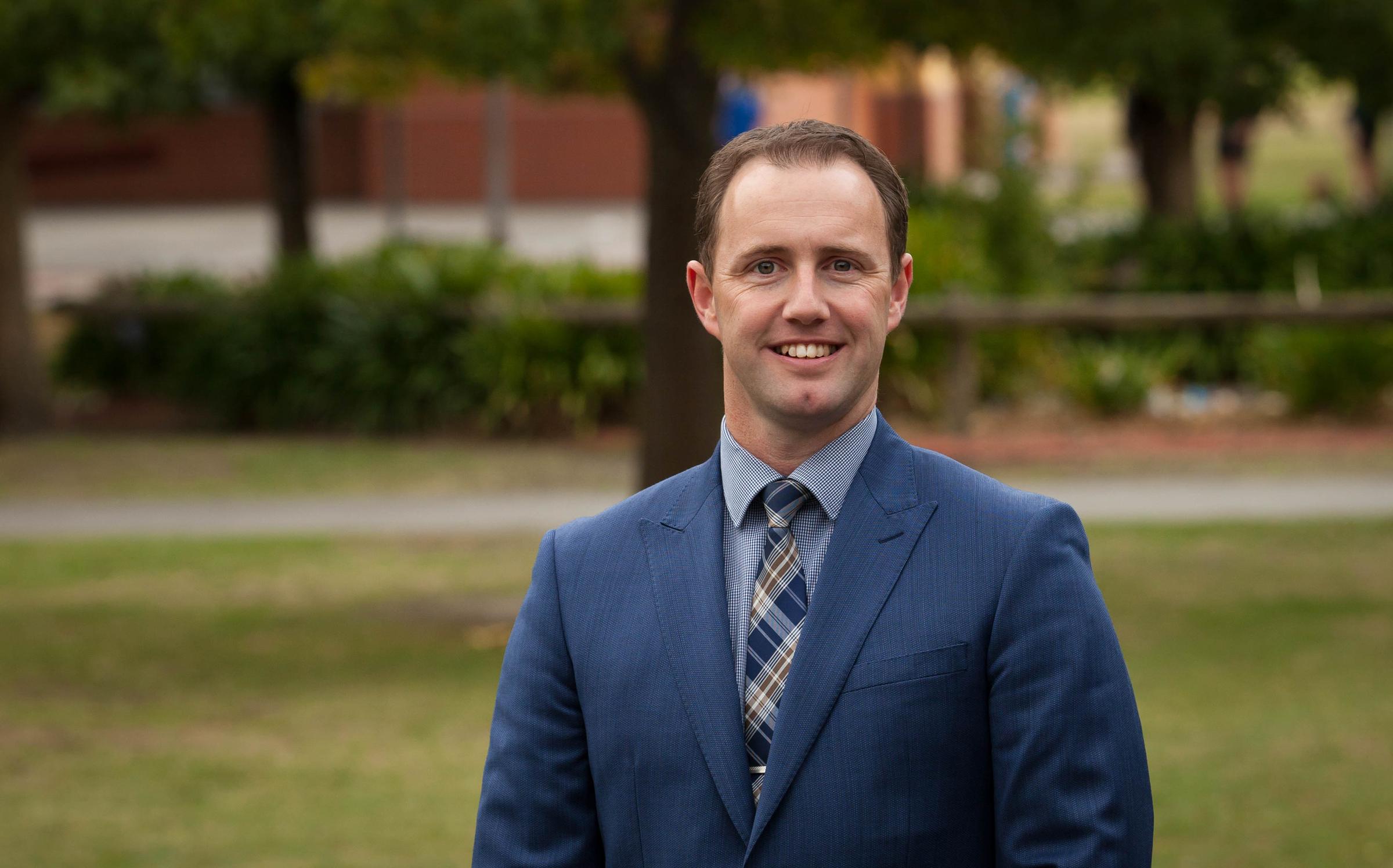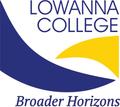Principals Report

Welcome Back!
Welcome back for Term 3, I hope your winter term-break was a positive one.
As I reflect on the first four weeks of the term, we’ve made some significant progress in our school improvement plan, with some pleasing results coming through to reaffirm our work. We’ve also had a number of events and activities to enhance our students’ learning and help prepare them for their future.
NAIDOC Week
We began the term with NAIDOC Week, celebrating indigenous history and culture with our students. The music playlist heard between classes was made up of all indigenous artists, and we held a smoking ceremony and barbeque during lunchtime, together with our new, stunning marquee – adorned with indigenous art.
Our Teaching and Learning Model
In week two we launched the Lowanna College Teaching and Learning Model. Ensuring there is high-quality teaching and learning in every classroom is at the core of our improvement plan, and following six months of extensive professional learning with our staff, the model was launched across the college. The model draws on best-practice for teaching and supports students through four key phases of learning: Explicit Teaching, Guided Practice, Collaborative Learning, and Independent Learning.
In our endeavour for learning excellence in every classroom, we have expanded our coaching program, where teachers are observed regularly by a coach and given supportive feedback. This term we introduced a new robotic video tool, which teachers can use to record their practice and then reflect with a peer. All this work forms part of our agenda to maximise student learning in our classrooms.
Building Literacy
We have dedicated much time and energy this year to building our expertise in literacy, specifically the complex area of teaching high standards of reading. Reading is arguably the most fundamental skill in education – it opens up a world of learning possibilities, but conversely, those with reading difficulties consequently find all other areas of learning difficult.
A number of key staff are engaged in a year-long professional learning course, and we have invested nearly $20,000 in best-practice literacy resources for students who need additional support in reading. We are working closely with leading experts and our local primary schools to enable us to launch our whole-school literacy plan in 2020, with our vision to ensure every child is a capable, confident reader. You will no doubt hear much more of this as we move into next year, but I want to share our work in progress as we work towards some exciting practices and additional supports.
Microsoft Partnership and 2020 Laptop Program
We have recently partnered with Microsoft, as part of our extensive review of our student laptop program and our goal to ensure we best-leverage digital devices to enhance learning. It may not be surprising to know that not all things that can be done on a device actually support learning, and some things, even well-intended, can hinder learning. Our Executive Leadership Team and ICT Team have spent time with Microsoft working to deeply understand the research, to ensure our classroom practices align with the practice that will have the greatest impact on learning.
In addition to the refinement of our teaching practices, we know both anecdotally and through research, that the Bring Your Own Device (BYOD) model isn’t the most effective approach for student learning, and there are global trends of schools moving away from BYOD. In light of this, we are shifting to a consistent, purpose-chosen device for our Year 7 cohort in 2020, which will include both touch and pen functionality. Next week we will deliver information to our primary schools for Grade 6 students to take home, and in early September we are holding a parent information night for incoming students.
While the new laptop device has been sourced as part of our 2020 Laptop Program for Year 7s, it will also be available to purchase for any existing students who may feel they are in need of a new device, or don’t currently have one. Our negotiations and bulk buying power means we can offer this device with software at a significantly lower price than parents will find in retail stores. Specific information will be provided to families over the next fortnight.
Careers, Pathways and Job Skills
You will find more information on the careers page of this newsletter, but the careers area has been a hive of activity over the last week. Our Year 9 students have all undergone the comprehensive and highly valuable Morrisby Careers assessment, our Year 10s and VCAL students have attended the Job Skills expo, and this week the Senior School Information Evening (thank you to the 200+ attendees who attended). Finally, our Year 12 students will have individual pathway meetings this coming week, as they head towards their final term of school.
Year 12 Study Centre
To support our Year 12 VCE students we have invested in a number of new resources in the Year 12 Study Centre. We’ve highlighted the “VCAA Top Ten Tips” for students (#1 – Know the Study Design/Course Outline, and #2 – Practice Past Exam Papers). We have created a wall of past exam papers for students to access, covering the last three years’ exams for every subject. We have added a Samsung FLIP – a large, interactive, touchscreen device – preloaded with exam questions for students to collaborate on.
We know Year 12 is a significant year for our students, but with only 10 weeks to go until VCE exams, the time invested now will pay dividends into the future. We recommend students do at least 4-5 past exams for each subject (between now and the official exams) and encourage parents to support students with the same message.
Our Student Attitude to School Results
Last week we received our Student Attitude to School Survey results – a statewide performance measure which covers a range of areas of school life – connectedness to school, quality of teaching, student voice, bullying, and student-teacher relationships. We have worked hard this year to listen to our students more and to take on their feedback, so it is pleasing to report that our survey indicated improvement in 18 out of 19 areas. In particular, ‘manages bullying’ improved by 5%, ‘student voice’ and ‘school connectedness’ increased by 3%, while ‘stimulated learning’ and ‘classroom behaviour’ both improved by 2%. These improvements in culture and practice generally only move in small increments year-to-year, so these are pleasing results and indicate we are heading in a positive direction.
Strengthening Community
We have had a number of visitors in our first four weeks, as we work to build strong connections to collectively support our community. It was great to have our local Officer In Charge S/Sgt McNally over for a tour of the school, and Dr. Cheryl Glowery and Dr. Nerissa Albon from the education faculty at Federation University talking with us about connections for both our students and pre-service teachers. We have also had a number of visits from principals and staff from other schools, sharing resources and learning from our improvement plan and the Teaching and Learning Model.
Resource Smart
Finally, I would like to thank Judy Stewart, science teacher and Head of Sustainability, for her passion and commitment in our efforts to become more sustainable. As a result of our work, this year we officially received our first ‘star’ as a Resource Smart school. We look forward to continuing this journey with the support of staff and students, as we minimise our impact on the environment and support our students learning of sustainability practices along the
